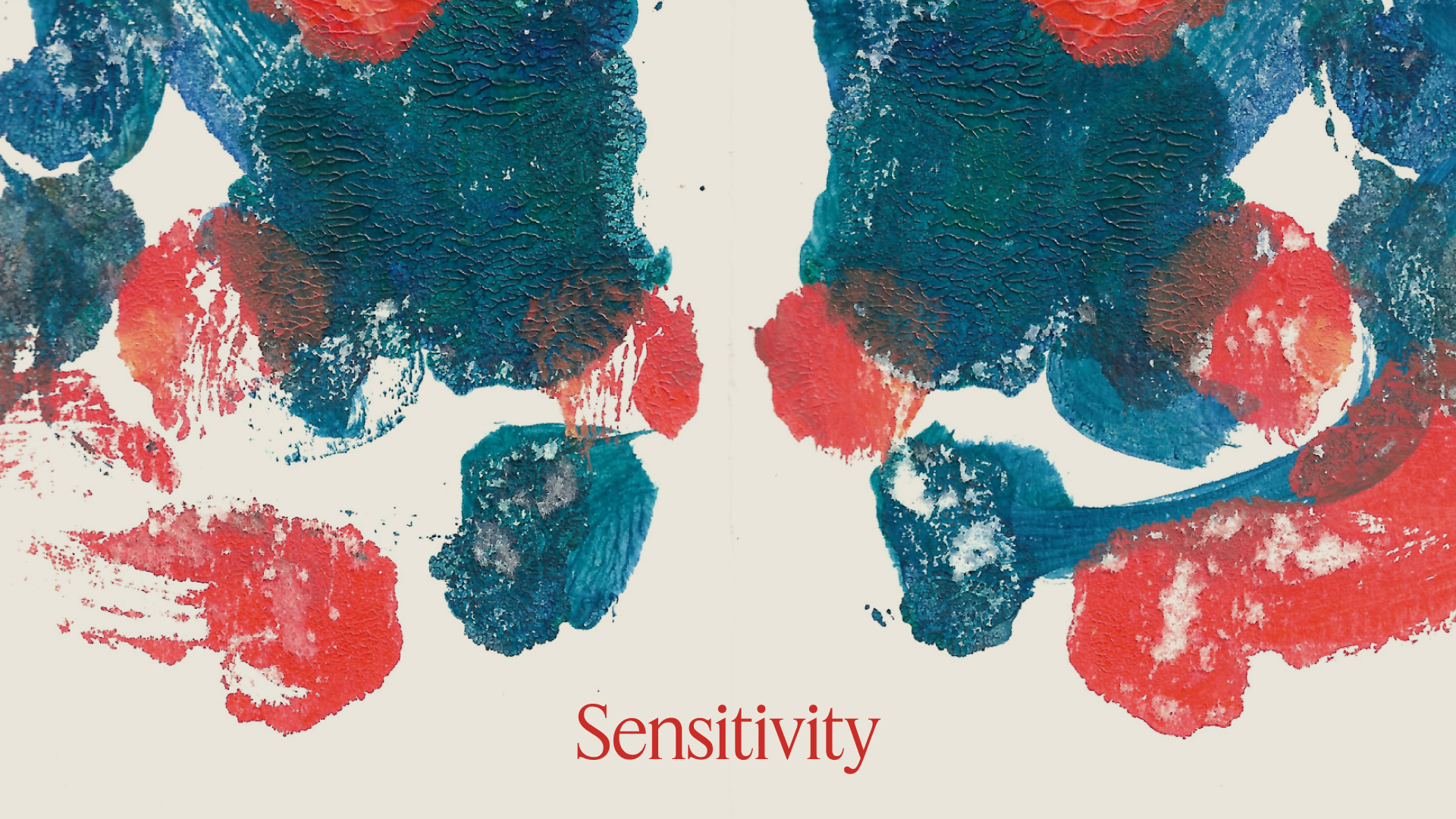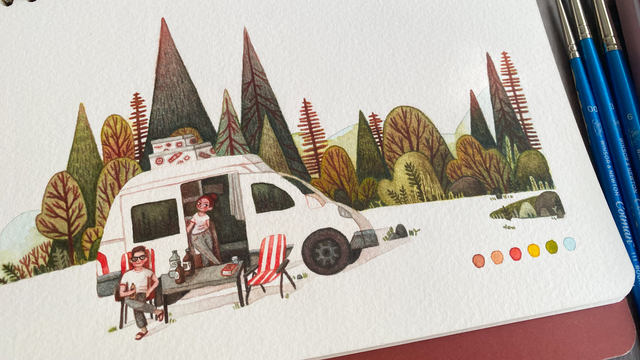
For too long, we have been taught to believe that power comes only from assertiveness, aggression, and dominance. But the truth is, empowerment can also come from our softer side.
This Women's History Month, let's celebrate the often-underrated softer qualities.
To embrace the Gentle Power within us and rediscover the strength in our softer qualities, we want to highlight four values — intuition, sensitivity, nurturing and compassion.

Intuition is often seen as a mysterious and unreliable quality, but it is actually a valuable tool for decision-making and problem-solving. It allows us to tap into our subconscious and make decisions that come from our heart, often leading to better outcomes than relying solely on logic and reason.
So how can we tap into our intuition? The best way is to start small and simple.
Listen To Yourself: When your mind and body are giving you signs about a decision or path, take a moment to reflect and observe. Write down what your body is telling you and try and deduce why.
Set Strong Feelings Aside: The next step is to clear up and strengthen your intuition. Strong emotions like anger or sadness cloud your natural judgment. Clarity is key to making the right intuitive choice. Journaling and introspection can help you adopt a more neutral standpoint. Reading your thoughts in writing allows you to take a step back and see them from another perspective.

Sensitivity is often seen as a negative quality, but it is actually a strength that allows us to pick up on the nuances of our environment and the people around us. It helps us empathize and connect with others and can be a valuable asset in leadership, creativity, and problem-solving.
We can start by becoming more in touch with ourselves. Increasing your overall understanding of emotions and reactions makes you a more sensitive and a better communicator.
Observe Yourself: When you encounter a strong feeling whether positive or negative, observe what you do. Note if you clenched your jaw, smiled, played with your hands, etc. This allows you to become more self-aware of your emotions and improve your emotional sensitivity.
Observe Others: By understanding your own emotional sensitivities, you will be able to see them better in others. With this, you can have more clarity on what another person is feeling by observing their reactions and communications.

Nurturing is the act of taking care of and supporting. However, nurturing goes beyond caring for others, nurturing also means fostering a positive relationship with yourself. It helps us create a more caring and supportive environment, leading to stronger relationships and a more positive community.
Nurturing begins with you and then spreads to those around you to create safer and healthier environments.
Protect Your Growth: Before you can create a safe and nurturing environment for others it is important for you to nurture yourself. This means allowing yourself to grow, make mistakes, and protect your interests and journey to a better future.
Being Mindful Of Others: Just like you would have practiced protecting yourself while you are growing and making mistakes, you now need to grant others that space to express and feel. Provide support when needed and become the person you needed on your journey.

Compassion is a quality that helps us understand and relate to others. It allows us to show kindness and empathy towards those around us, which can lead to a more supportive and inclusive community. It prompts us to prioritise the greater good over superficial factors.
Similar to the other values, it first begins with you.
Practice Self-Compassion: Self-compassion entails treating yourself the same way you would treat a friend who is struggling, even if that friend messed up, feels inadequate, or is simply going through a difficult life situation. Try to write a letter as if you were talking to a dearly beloved friend who was struggling with the same concerns as you.
Self-compassion offers the security required to acknowledge mistakes and emotions rather than feeling the urge to place the blame elsewhere.
Let Go of Black-and-White Thinking: Understanding that people around us are not wholly good or bad allows us to understand them in a deeper sense. We are all humans with complicated lives and choices. Letting go of rigid thinking can allow you to connect with others more empathetically even if your own problems are bigger/smaller.
At last, your gentle power can be empowering. Empowerment doesn’t always have to be rough and tough, sometimes it simply means understanding yourself better. By looking inside and seeing what your inherent qualities are and strengthening them, you open the doors to a greater relationship with yourself and those around you.




